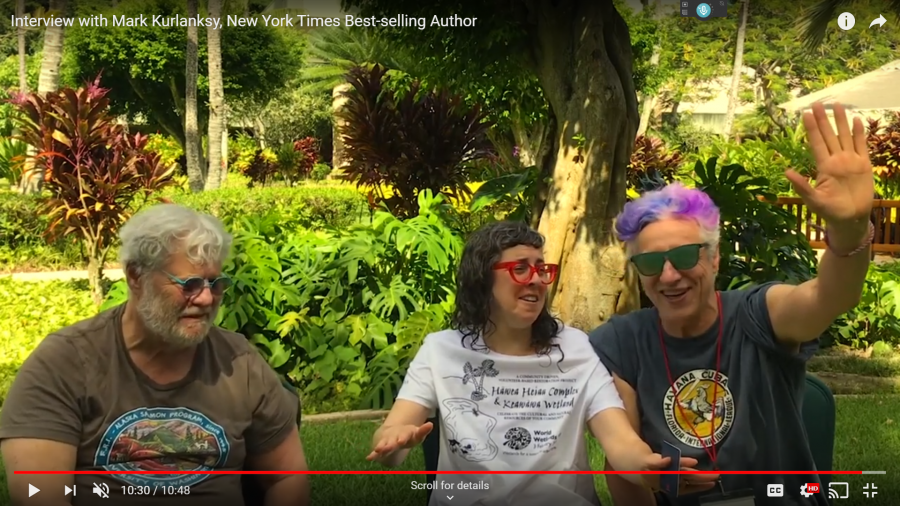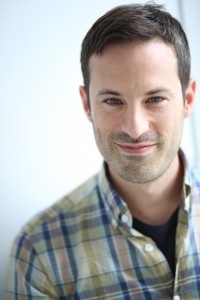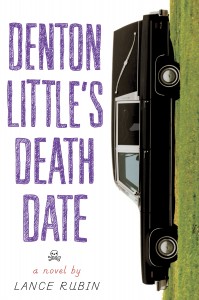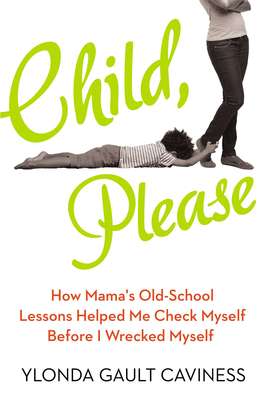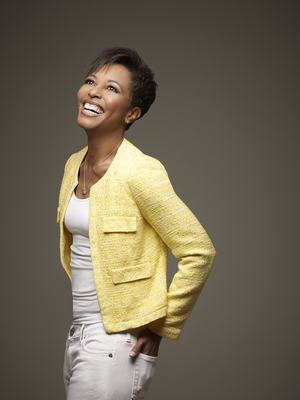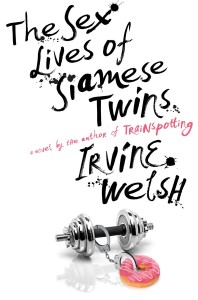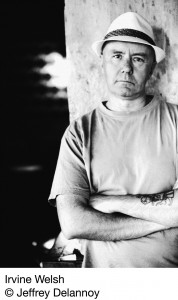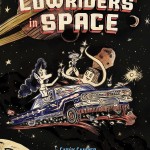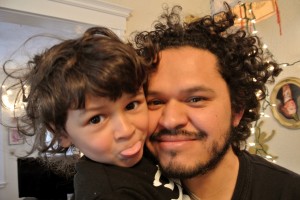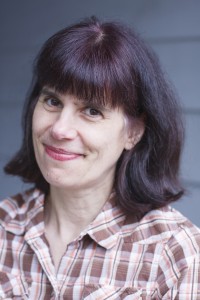The Book Doctors interview master writer, epic researcher, novelist, best selling author and world-class talker Mark Kurlansky, who reveals the secrets to happiness, longevity and how to write a smash bestseller about a fish, and a condiment you find on every table in the world.
Tag: writing tips
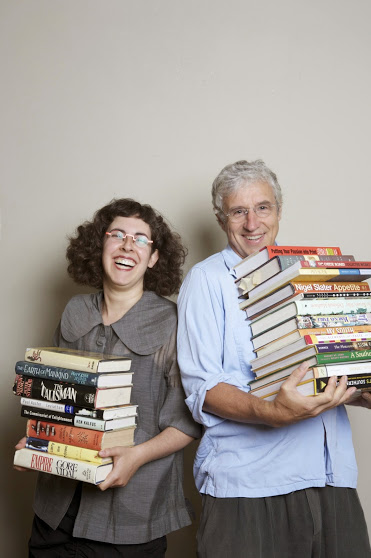
The Book Doctors at Book Con breaking down presentation tipsas they explain how to pitch your book to get published.
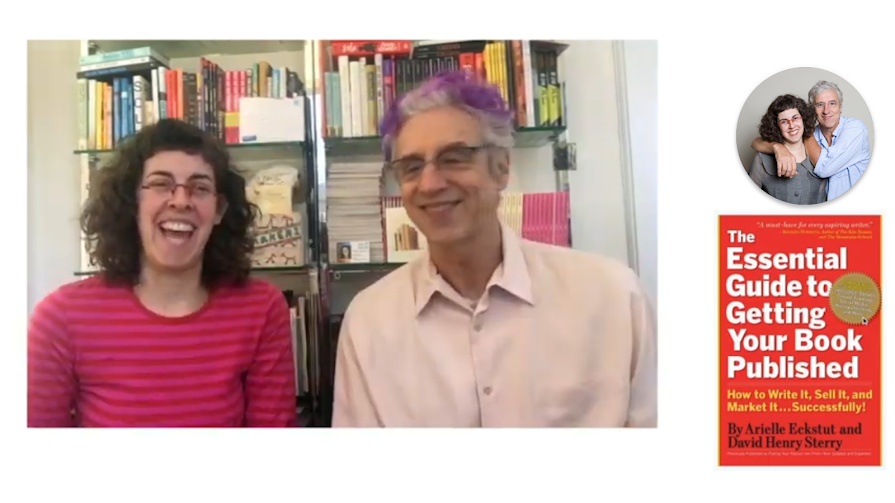
The Book Doctors scoured our archives to bring you some of our top writing advice from 2018. Ask us questions in the comments. Visit us at https://thebookdoctors.com. SUBSCRIBE: https://goo.gl/9VaE9C.
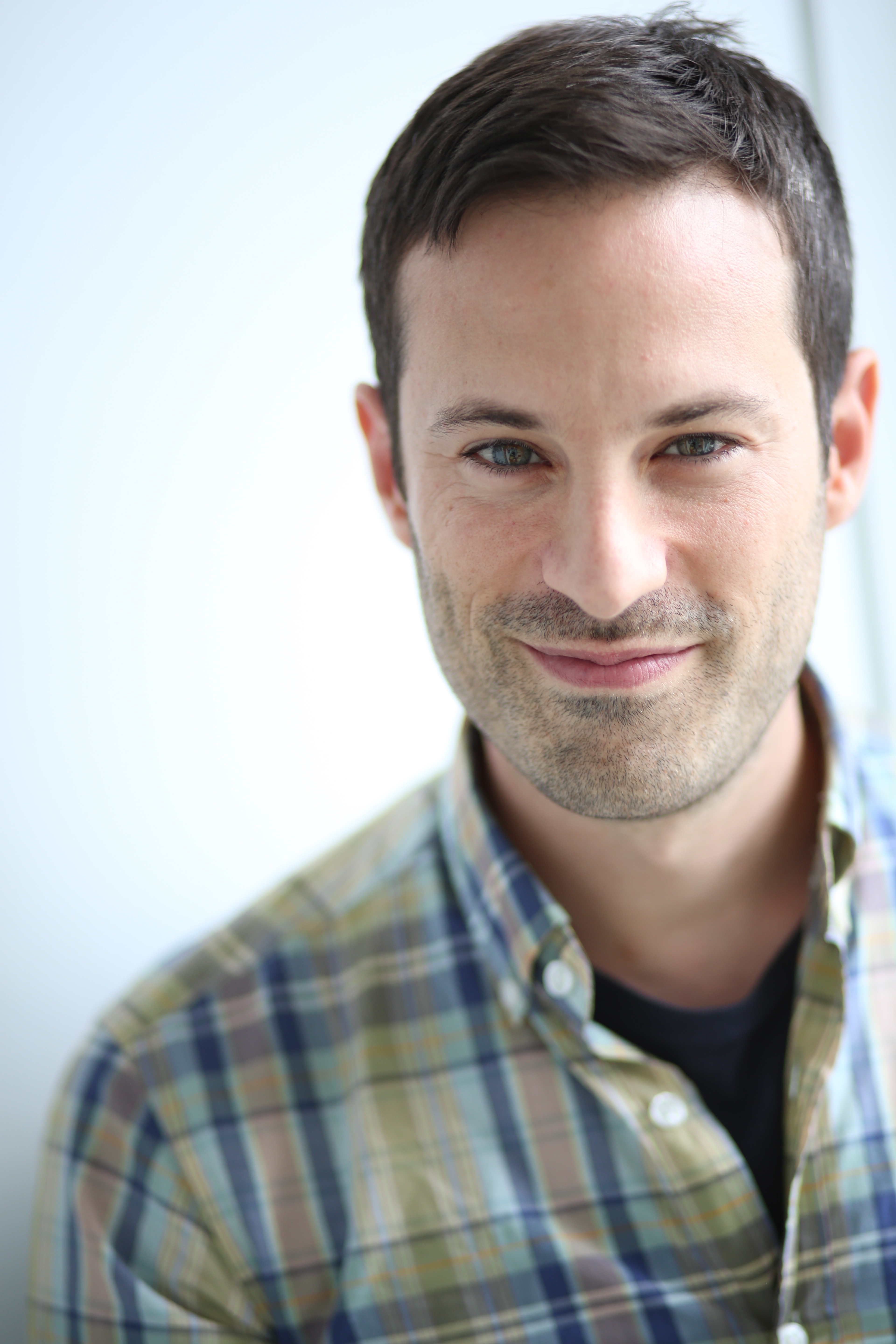
One of the fun things about being a Book Doctor is that we get to travel to cool places and meet cool people. If you haven’t been to San Antonio, do yourself a favor and go. It’s a beautiful city. The San Antonio Book Festival was really a blast: great authors, great craft stuff for Olive, our daughter, and most importantly, lots of readers. While we were there, we met Lance Rubin at the party they have for authors. He explained what his first book is about, and it’s great. We decided to pick his brain about writing, publishing, and how he got his first book deal. To read on the Huffington Post, click here.
The Book Doctors: How did you get started as a writer?
Lance Rubin: Since I was eight years old, I always thought I was going to be a professional actor. So the writing I did through most of my life was often in service of that. When I was younger, I wrote skits and short films with friends that we would perform. In college, I wrote and performed a one-man show. After college, I co-wrote and performed a sketch comedy show called The Lance and Ray Show at the Upright Citizens Brigade Theatre. Then, several years ago, I was finding my acting career frustrating and unfulfilling right around the same time I read The Hunger Games. I really loved it, and I thought, “Maybe I’ll try to write a YA novel.” It wasn’t a fully rational decision, but I started writing, and I was having such a good time–feeling empowered and creatively fulfilled in new, exciting ways–that I kept at it. Even though I hadn’t written long-form fiction before, I think all the various writing I’d been doing my whole life completely informed this book.
TBD: What are some of your favorite books and why?
LR: Some favorites include:
The Harry Potter series by J.K. Rowling. Such brilliant storytelling: magical situations always grounded in humanity; a complex story that weaves and intertwines through seven books; humor that comes from a place of love; and fully fleshed-out characters who truly care about each other. I could go on and on. Anyone who’s been resisting reading these is a fool.
The Amazing Adventures of Kavalier and Clay by Michael Chabon. Not only does Chabon spin the most delightful, acrobatic sentences, but he tells a completely engaging story of friendship, love, comic books, WWII, and superheroes.
The Spontaneous Fulfillment of Desire by Deepak Chopra. This nonfiction is all about the power of coincidences and synchronicity. I try to read it every couple years because it makes life more fun; you start to find coincidences everywhere, like a code from the universe you have to solve.
The Stinky Cheese Man and Other Fairly Stupid Tales by Jon Scieszka and Lane Smith. When I first read it as a kid, it made me aware of the way books can subvert narrative expectations and make you laugh out loud.
TBD: How did being a professional actor help and/or hinder you as a writer?
LR: As an actor, I was always trying to get inside the head of a character, figure out how that character thinks and responds to the world. When I started writing this book, with its first-person narrator, I realized there was a surprising amount of overlap, as I was essentially doing the same thing: figuring out how the main character (and all of the other characters, too) thinks and responds to the world. And it was even better because now I got to actually come up with what the characters say! That said, since I come from the world of acting and comedy, I’m often so focused on dialogue that the descriptive parts of my writing are severely lacking. But hey, that’s what rewriting is for!
TBD: The idea for your new book, Denton Little’s Deathdate, is so cool. How did you come up with it?
LR: I think about time a lot. I’m always taking inventory of my life in terms of dates. I’ll think things like, “What was going on in my life a year ago today? Two years ago today? Three?” And so on. And I’m usually able to remember. So one day I thought, “What if I could take inventory of my life in terms of a future date? Specifically, themost important date, the day I’m going to die?” I wondered how this would change the way I lived. Or if maybe it wouldn’t change a thing. And then I thought, “What ifeveryone knew the day they were going to die?” So then there was the idea: in a world where everyone knows their deathdate, the protagonist is going to die tomorrow. That was pretty much all I had for a few years. The rest came later.
TBD: How did you go about getting a book deal?
LR: I just Googled “book deal,” clicked on the first link that appeared, and signed up! Isn’t that how it works for everybody?
Apologies for that dumb joke. I did have a relatively charmed journey to a book deal, as my best friend since I was three, Zack Wagman, has worked in publishing for over a decade and is a brilliant editor, currently at Ecco. He was one of a handful of close people in my life who read the first draft of my book and gave feedback, and then was one of a duo of close people in my life (along with my wife, Katie Schorr) who gave feedback on the three or four subsequent drafts over the next year. Finally, once I had a draft that was in solid shape, Zack connected me to agent Mollie Glick at Foundry Literary + Media, who responded to the book and signed me. (I know getting an agent is not supposed to be such a smooth process, so I understand if writers out there want to spit in my proverbial soup. I’ve faced a ton of rejection in my life, too, if that makes you feel better. See: abandoned acting career.) Mollie is terrific, and she guided me through one last big rewrite before submitting to various publishing houses. In November 2013, Denton was sold to Knopf Books for Young Readers.
TBD: What was it like working with your editor?
LR: Super. I feel so fortunate that I ended up working with Nancy Siscoe. She’s smart and kind and funny, and she loves all the same things about my book that I do. By the time she got my first book, it had already been rewritten a lot, so her changes were minor but really insightful as to things that would make the story clearer and more satisfying. My second book, which comes out in April 2016, was pretty much a mess when she got it. So I was truly relieved when I received her pages and pages of single-spaced notes and they all resonated with me. It was like, “Oh man, she has great ideas about how to make this less of a mess. Thank god.”
TBD: We’re intrigued by the musical you’re writing. What exactly is Annie Golden: Bounty Hunter, Yo!?
LR: Hey, thanks for asking! It’s a musical I co-wrote with Joe Iconis and Jason “SweetTooth” Williams about a veteran musical theater actress named Annie Golden (to be played by veteran musical theater actress Annie Golden, known to many as Norma on Orange is the New Black) who gets pulled into the world of bounty hunting and starts kicking ass in ways she never imagined she could. It’s a comedy highly inspired by exploitation movies of the 1970s and ’80s–both story-wise and musically–but it’s also about breaking out of the boxes society puts people into. It’s been an exciting project to work on. We’re hoping it will have its first production in the not-so-distant future.
TBD: Did you outline your book before you started writing? What kind of a routine do you have as a writer?
LR: Thus far in the two books I’ve written, I haven’t outlined before starting my first drafts. I generally have some broad ideas about where the story might go and a page or two of notes on characters and potential plot points, but then I just start writing and discover as I go. In the case of my second book, I got about 15,000 words in, realized I hated where the story was going, scrapped it, and started again. Outlining might have helped me avoid that, but it’s still the way I prefer to work.
As far as writing routine, I have several coffee shops and libraries that I bounce between. Last year, I worked almost exclusively at the Tea Lounge in Brooklyn. Then it closed out of nowhere in December, which was quietly devastating. I now keep a rotation of several spots because I’m not gonna get hurt like that again.
When I’m working on a first draft, I’m always aiming for word count, which was something I took from Stephen King’s On Writing. With my first book, I tried to get 1,000 words a day. With my second, I aimed for 2,000 (and often only got to around 1,700).
I work way better in the morning, so it’s often an 8:30 am – 3 pm workday, give or take an hour (and sometimes I’m needed on Dad duty for my 1-year-old son, so that timing’s always subject to change).
I usually listen to music while I write, and the headphones going in is my indicator to myself: “Okay, stop dicking around on the internet. Time to work.”
TBD: I noticed your book has been translated into several languages. It was really fun for me when I saw my book in Russian and its different covers. What was it like seeing the book you wrote in a language you can’t read?
LR: That’s absolutely been one of the most surreal parts of the experience. Each cover has had its own wonderfully distinct take on the story, which has been so cool, but it’s the different-language part that is truly hard to wrap my head around. I heard an audiobook sample of the German edition last week, and I think my brain exploded. This story I plunked out on my laptop in random coffee shops has ended up in a recording booth in Germany, being read aloud by some talented German actor. That’s nuts.
TBD: We admire the fact that you publicly admit to loving the New York Knicks. How are you holding up during this very difficult time?
LR: Oh man, it’s been so rough. I mean, maybe there’s some historical joy in knowing I just lived through the Worst Knicks Season of All Time. No, there really isn’t. What a joke of a season. I miss Jeremy Lin.
TBD: I hate to ask you this, but what advice do you have for writers?
LR: Ha, I love the disclaimer at the beginning of that question. Here’s my two cents: whether you’re published or not, you need to start operating as if you’re a published writer. Make writing a part of your daily routine, as if it’s your job. Don’t wait for inspiration to strike; just sit down and do the work every day. If you don’t take yourself seriously in this way, then the universe won’t be able to, either.
Lance Rubin is a New Jersey native who has worked as an actor and written sketch comedy, including successful runs of The Lance and Ray Show at the Upright Citizens Brigade Theatre. He’s also co-writing a new musical called Annie Golden: Bounty Hunter, Yo! and loves Pixar, the Knicks, and Back to the Future. Lance lives in Brooklyn with his wife and son. His debut novel, Denton Little’s Deathdate, is out now from Knopf Books for Young Readers, to be followed by a second Denton book in 2016. Learn more at lancerubin.com and follow him on Twitter @lancerubinparty.
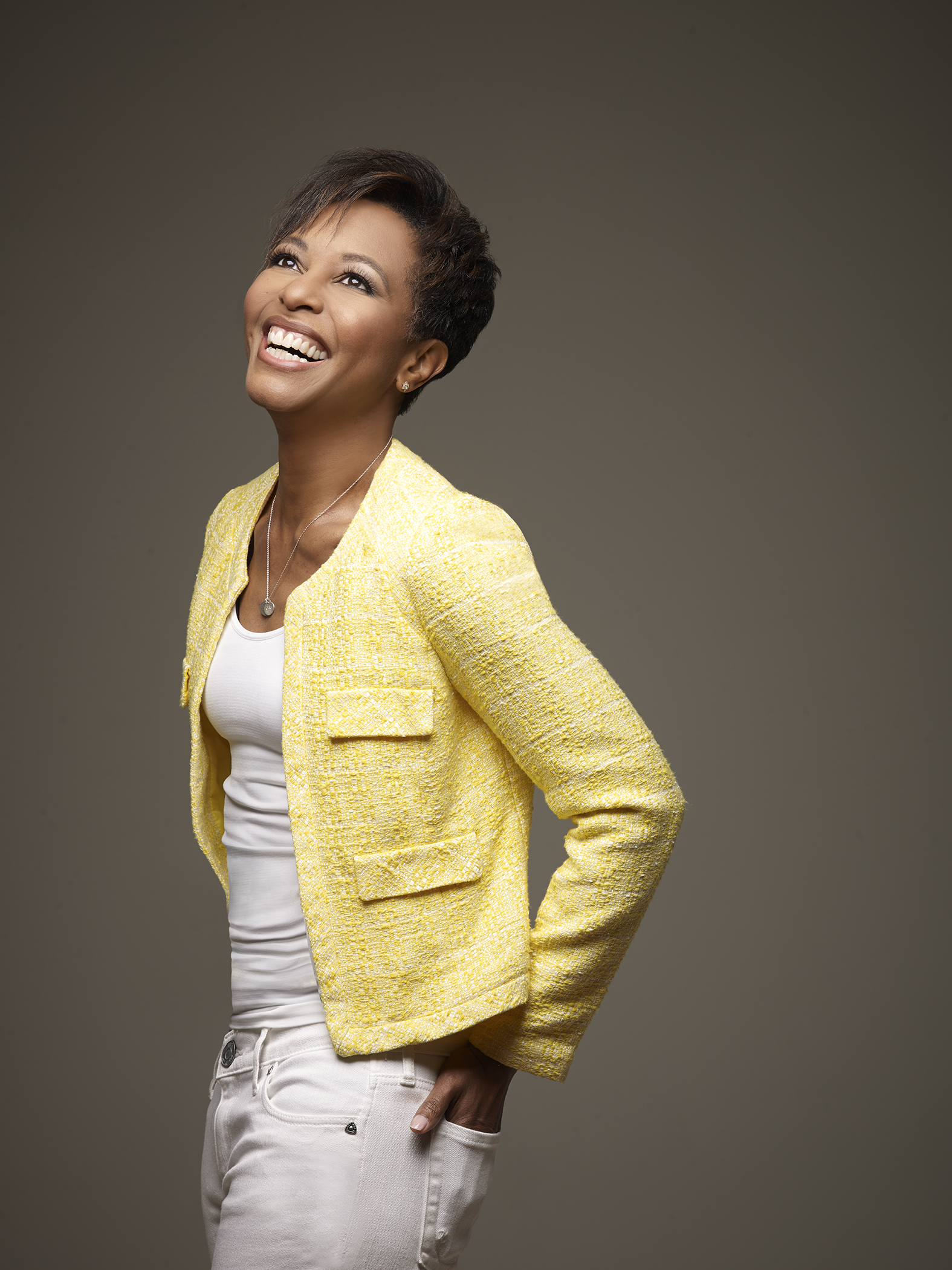
The Book Doctors first met Ylonda Gault Caviness when she won our Pitchapalooza at Words Bookstore in Maplewood, NJ. We were immediately struck by her presence, authority, wit, style, and the way she could string words and ideas together in exciting ways. We’re very excited her book Child, Please: How Mama’s Old School Lessons Helped Me Check Myself Before I Wrecked Myself is out, and we thought we’d pick her brain about the process of getting successfully published. To read on the Huffington Post, click here.
The Book Doctors: When did you start being a writer and how did it affect the way you see the world?
Ylonda Gault Caviness: I started being a writer at age 8 or so. I was in an all-white school at the time–which wasn’t as traumatic as you might think. I was treated warmly by 98 percent of the kids there. But a not-so-silent minority did call me the N-word occasionally and I could tell that a couple of teachers either felt sorry for me or didn’t quite know what to feel. So I always had this sense of “other-ness.” Writing assignments were my absolute favorite part of the day. In hindsight that’s not saying much because the other parts we were filled with things like either attending mass or reciting the rosary–honorable activities, of course, but at 8 or 9 not so much.
Still, writing made me an observer of life. It’s made me someone who tends to focus on the details and minutia of life. I blame all my most annoying qualities on the fact that I have a writer’s view of the world. I don’t remember a time when I didn’t see myself as a writer. It’s the only thing I ever wanted to be. Well, there was a brief period when I endeavored to be Samantha Stephens. I was young and I thoughtBewitched was a career option, like being a nurse or teacher. To my mama’s credit, she never dissuaded my aspirations. Never let on that despite all my nose twitching–practice, in this case, would not make perfect. Nor was there the most remote likelihood that a little black girl would grow up to be a white woman. I guess Mama didn’t want to be a dream killer. Either that, or she was paying me no mind. In hindsight, it was probably the latter.
TBD: When did you start being a mom and how did it affect the way you see the world?
YGC: Although the first of my three kids was born 16 years ago, I don’t think I really started being a mom right away. I was physically caregiving. But I don’t think I became fully present in mom-dom until much later. Until recently, Mother’s Day seemed to me a holiday for veteran moms. Even when my third was born in May 2007–two days before Mother’s Day–I was singularly focused on my mama, who was visiting us at the time. In my head, I hadn’t yet earned bona fide, official motherhood status yet.
As my oldest kids grew into pre-adolescence I think I gained a much deeper understanding of who they were as people. And it became really clear to me that it was my job to let them grow into who they were meant to be–not some pre-determined notion of who they SHOULD be. When I started to take my hand off the wheel is when I started to see that they were already all that–and a bag of chips. For example, it became clear that the eldest one didn’t need expert tips to make her strong. I thought she was a big ole sassy pants, but she actually has all the best qualities of an independent person who can resist peer pressure. My younger daughter didn’t need to learn empathy; she came here with a sensitive heart. Same for my third, who is one of the most kind and generous people I know.
TBD: When did you start being black and how did it affect the way you see the world?
YGC: I’m really fortunate that I’ve been so black for so very long. And I was born during a time when, as far as I could see, anybody who was anybody was also black. In the early 70s, there was the Black Panther Party–badasses, Mavis Staples, Curtis Mayfield and–forget Beyoncé; I don’t care what Jay Z says–the baddest chick in the game was and still is Pam Grier. I mean, to have anything at all in common with Pam Grier clearly made me a bad mamma jamma by association. So I think growing up black gave me confidence and strength and a fighter’s mentality. I recall so clearly James Brown singing on the radio songs like “I’m Black and I’m Proud” and–my fave–“I Don’t Want Nobody to Give Me Nothin’. Open up the Door I’ll Get It Myself.”
These days a lot of people, especially famous people, will say “don’t label me as black; I’m a person.” And I get that in a way. But I’m really into being black. I feel like it makes me wise; makes me strong; makes me creative; and makes me cool. Of course, one need not be black to have all these great qualities. But if you really own your blackness, you see it as an attribute not a burden. So I’m very happy to be called black.
TBD: What were some of your mother’s mothering techniques?
YGC: Not sure it was a “technique” so much. But Mama rarely paid us any mind. The beauty of that approach was that we knew our place. We never thought we mattered all that much to the world unless we achieved something. Kids now seem to get major props just by virtue of the fact that they exist. Kids in the playground are surrounded by moms cheering their descent down the slide: “Yay, Sofie. You’ve mastered gravity!” My brother, sister and I knew that we had to earn praise. She was not cheering our descent down the slide. She wasn’t giving us extra cookies for doing well in school. Or worrying over us, which forced us to figure life out. It seems harsh by today’s standards, but it was–from what I gathered–pretty much the same in all of my friends’ homes.
TBD: How did you develop your writing skills?
YGC: If I have a skill at all, I think it’s that I know how to work relentlessly to place truth at the center of anything I write. Pretty prose is great. And I love a good turn of phrase as much as the next person. But in the end, if it’s not really, really real, I know I have to dig deep and maybe even start all over from scratch. My life as a writer is very tortuous because of it. Mama–being the cut and dried person she is–used to say to my siblings and me: “If you’ll lie, you’ll steal.” She always made you feel so worthless and despicable–even if you told a little bitty lie about eating the last fig newton or some such that I guess it stuck with me.
But when you think about it, if you can’t tell the low-down and dirty truth about yourself, at least as much as you know of it, why bother? Who are you helping? I’m not saying I’m some kind of superhero, but I honestly believe my writing is supposed to help people. It’s supposed to touch somebody in a dark corner of their heart and heal a wound. Anyone who knows me knows that I’m a sort of weird, confused and broken soul. I know I’m charged with sharing that.
TBD: Your book started out as a general parenting book, not necessarily about race. How did it become a memoir that has so much about race in it?
YGC: I didn’t realize when I started writing the book how much of my motherhood was rooted in my blackness. Like anyone, my mother played a huge role in how I mothered and her experiences, growing up in the Jim Crow South and such, clearly shaped her parenting.
What I learned in the writing of my memoir, though, is that one of the things that makes our country great is the mix of cultures. They don’t exactly melt into a pot, though. And that’s not a bad thing. We bring cultural differences to our cooking. We bring cultural differences to celebrations and holidays. And, guess what? Although we don’t talk about it much, we bring cultural differences to child rearing. My hope is that we can lift up those differences and begin a new conversation, instead of pretending the differences don’t exist.
TBD: What was it like writing for The New York Times?
YGC: It was cool, because I didn’t know I was going to be picked up by the New York Times. I wrote my essay with the idea that I would submit it to a bunch of outlets. Had I known I’d be writing for the New York Times going into the whole process, I might have been intimidated. And the end result might not have been so bold.
Ignorance truly can be bliss. Once the Times accepted the piece and I went through the editing process, I am not sure I understood the power of it all. And, it’s funny. At every turn a part of me kept thinking someone high up on the Times masthead was going to come along and say, “We’ve changed our minds. This piece sucks.”
TBD: How did you get your book deal?
YGC: I won a Pitchapalooza event–which is sort of like American Idol for authors, in Ridgewood, NJ. It was crazy: a room filled with, like 200, would-be authors. And each contestant got a number. Then one by one, you get up in front of the crowd and pitch your book idea to a panel of judges made up of publishing pros.
There is no Simon Cowell and none of the panel members call out “Yo, dog!” But you and your wife Arielle Eckstut definitely have a shtick. And I remember being so nervous! I practiced for hours. And I rolled up in there with my writer’s group crew in tow. For me, I’d already won simply because I fought my doubting thoughts and got up to participate. That’s why, at the end, when the winner was announced I sort of looked around–waiting for this Ylonda Gault person to stand up. Then I suddenly realized it was me! I was the Ylonda Gault person–the winner.
From there Arielle worked with me to whip my proposal into shape. And it’s important to note that the book I pitched was not a memoir. I had absolutely no plans to tell my story. I was just going to write a parenting book and include a few personal anecdotes. It was Arielle who insisted that the personal stuff was the actual book. It took me about a year to come up with and write the Child, Please proposal. Then Arielle introduced me to Jim Levine, of Levine Greenberg Rostan–her mentor.
TBD: How did you go about developing your platform?
YGC: Hell if I know! Seriously, each time I took a job or an assignment I thought I was simply going from one job to another–not at all conscious of any sort of platform. I laugh my butt off when people say, “Wow! Your resume is great!” I think to myself: “Where were you in 2009 when I was laid off?”
I think the best thing anyone can do–and this sounds corny, I know–is do the work you believe in. And stick with it.
TBD: What do you do to make a hook that gets your book everywhere from National Public Radio to Essence magazine to The New York Times?
YGC: In no way did I get her alone, first of all. I have no formula. A lot of this stuff is just how the stars align in a certain moment in time. It’s not something you can forecast really. It’s like that Kanye West & Drake collabo, you know? Blessings on blessings on blessings. There are wonderful people all around me. I’m really fortunate that smart people, like Arielle Eckstut, helped me navigate the book proposal process. I have Jim Levine, the agent of agents, who has believed in me from the start. And Tarcher, the Penguin imprint, has the best editor in the game in Sara Carder. She has the support of publisher, Joel Fontinos. And the publicity team, Brianna Yamashita and Keely Platte, “got” Child, Please from the word “go.” Everyone did, really.
TBD: What advice do you have for writers?
YGC: You’ve gotta go for what you know. It’s the only way to be truly authentic. And if people don’t get it, the hell with them. You have to keep on keeping on.
TBD: For mothers?
YGC: Oh my goodness, I just realized, it’s the same drill! Following your instincts in everything. Mothering is a heart experience more than anything. So I follow my heart. I figure, even if I’m wrong (and I am, often) I have peace of mind. And I truly believe if I have honorable intentions that will be rewarded some how. I don’t believe kids know how good you are at this. It’s not like another mom took the stage before you and killed it–left the crowd screaming for more. But they can totally tell if your heart is not in it.
And in the end, I think we want them to see our truth. So they’ll know how to honor their own.
Ylonda Gault (@TheRealYlonda) is an author, veteran journalist and education advocate. Over the course of her 20-year print and digital magazine career, she has been a senior producer at iVillage; lifestyle and parenting editor at Essencemagazine. CHILD, PLEASE: How Mama’s Old-School Lessons Helped Me Check Myself Before I Wrecked Myself is her first book.
Gault’s feature writing and editing has appeared in a variety of publications including The New York Times, Redbook, Health and The Huffington Post. Best known for her coverage of family, parenting, women’s and lifestyle topics, she has been a frequent guest on NPR, TODAY, Good Day New York ABC News and other broadcasts. She lives in Northern New Jersey with her three amazing children.
Arielle Eckstut and David Henry Sterry are co-founders of The Book Doctors, a company that has helped countless authors get their books published. They are also co-authors of The Essential Guide to Getting Your Book Published: How To Write It, Sell It, and Market It… Successfully (Workman, 2010). They are also book editors, and between them they have authored 25 books, and appeared on National Public Radio, the London Times, and the front cover of the Sunday New York Times Book Review.
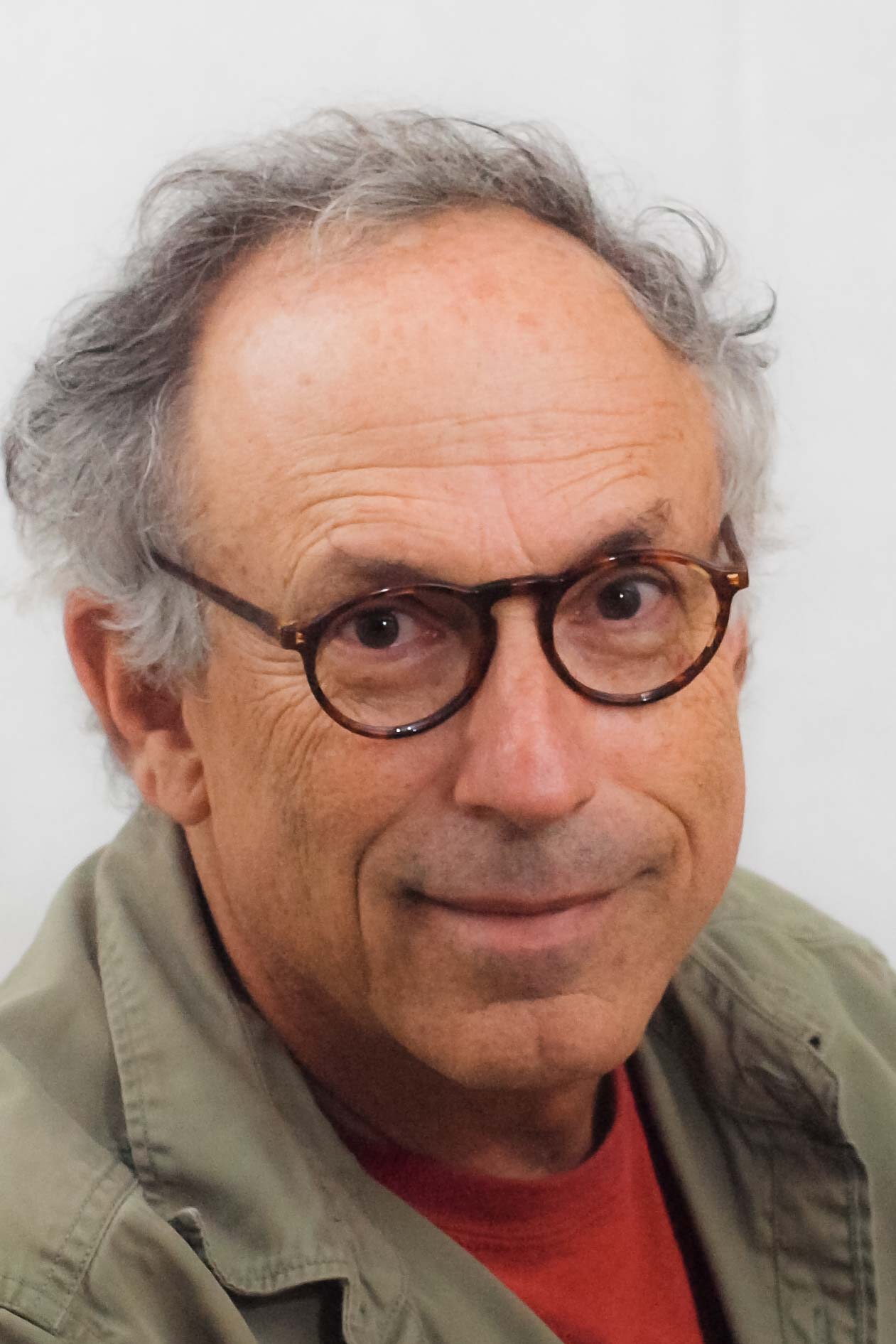
The Book Doctors first met Andy Ross at Cody’s Books, which was one of the most influential bookstores on the West Coast, smack dab in the middle of Telegraph Avenue in book-crazy Berkeley, California. In fact David did his first professional book reading at Cody when his first memoir Chicken came out. Andy’s now an agent, and we thought we’d check in with him about how he views the book business from behind a desk dealing with writers rather than behind a cash register dealing with readers. To read on the Huffington Post click here.
The Book Doctors: How did you get started in the ridiculous book business?
Andy Ross: I got into it for ridiculous reasons. I was in graduate school studying German Intellectual History at the University of Oregon. I was unhappy. I didn’t understand Kant’s Critique of Pure Reason, my girlfriend left me and joined a hippy free love commune, and it rained a lot. I decided I needed a change and I liked bookstores. These were/are not good reasons to set one’s path for the rest of his/my life, but still…. That was 40 years ago, and here I am today.
TBD: What did you learn about the book business in your time owning Berkeley’s iconic Cody’s Books?
AR: That would be a very long list. I owned it for 30 years. What strikes me now is all the things I didn’t learn. A bookstore is the end of the literary food chain. By the time I opened the shipment box from the publisher, the books had been written, edited, designed, printed, marketed, and shipped. I only did one thing, but a pretty important thing: I put it into the hands of the book lover.
TBD: How has becoming an agent changed your view of writers, writing, and the publishing industry?
AR: Otto von Bismarck is reputed to have said: “Laws are like sausages. It is better not to see them being made.” I think the creative process is like that too. It’s pretty messy. But also pretty miraculous, when I see the transformation from a train wreck of a first draft into a masterpiece.
TBD: How has the book business changed since you started, for better and for worse?
AR: I first opened a small store in Sonoma County, California in 1972. It was 600 square feet, about as big as my living room. My first day, my sales were $32. Remember the counter culture? We sold a lot of books, mostly paperbacks, on humanistic psychology, eastern mysticism, and other things spiritual. Fritz Perls, Abraham Maslow, Alan Watts, The Urantia Book, Be Here Now, and Cutting Through Spiritual Materialism were some of my best selling books and authors back then. I made a lot of money on the I Ching (Princeton University Press edition). And, of course, all things having to do with the ever mysterious, Carlos Castañeda. The big topic of conversation was whether Casteñnada really existed – although much later he married a friend of mine. She said he was a rat. But the business still had its share of schock at the top of the lists. It was no worse than it is now.
TBD: What mistakes do you see writers make? What things do you see successful writers do?
AR: Let’s talk about mistakes in writing fiction. What I see from inexperienced writers is not knowing when the story starts. Too much literary throat clearing, usually in the form of “prologues.” The use and misuse of adverbs. My advice to the writers is: “get rid of all of them.” (Andy said authoritatively.) Using too many metaphorical figures of speech is a sign of insecurity in an inexperienced writer. To paraphrase Freud, sometimes a green tree is a green tree.
TBD: What are your pet peeves about writers and their submissions?
AR: We don’t have enough time for this, but here are just a few things: In your query letter, don’t say “this is a fiction novel” and really don’t say “this is a non-fiction novel.” Don’t mention Eat, Pray, Love; Malcolm Gladwell; or Oprah in the query letter or book proposal. Be honest and transparent to your agent, and I will be/do the same with you/the publisher. I don’t know what your advance will be. If any agent tells you: “I can get you a 6 figure deal” or “this book has Hollywood written all over it,” best to find a different agent.
TBD: Tell us about the Slush Pile Derby?
AR: I made a bet with somebody that anyone could see talent right away, even if you couldn’t explain it. So I took 10 first paragraphs from my slush pile. None of them were horrible. Some of them I decided to represent based on that first paragraph. They were subsequently published. When I do the slush pile derby at writers conferences, pretty much everyone can identify the books that got my attention.
TBD: Do you google potential clients? How much attention do you pay to the platform?
AR: I like to say that platform means one of two things: Either you have an endowed chair at Harvard or you are sleeping with Oprah’s hairdresser. Platform is almost essential in non-fiction. But with fiction, it’s usually about the story and the style.
TBD: What advice do you have for writers?
AR: For writers of literary fiction, most of it won’t find a publisher. If I’m representing you, you are good enough to get published. But commercial publishing is a business. You have to be good, but that isn’t enough. They usually make decisions more for marketing reasons than for aesthetic reasons. Rejections are a big part of this business. Learn to live with it and keep writing. If you are writing memoir, it’s often even harder to find a publisher. Remember that the journey is the destination. Or as Camus famously said: “The struggle itself is enough to fill a man’s heart.”
Andy Ross was the owner of the Legendary Cody’s Books in Berkeley from 1977-2007. In 2008 he started the Andy Ross Literary Agency. Andy represents books in a wide range of genres including: narrative non-fiction, journalism, history, current events, literary and commercial fiction, and teen fiction. Andy has a popular blog, “Ask the Agent,” where he talks about writing, and book publishing and reminisces about his life as a bookseller. You can find Andy’s website at www.andyrossagency.com.
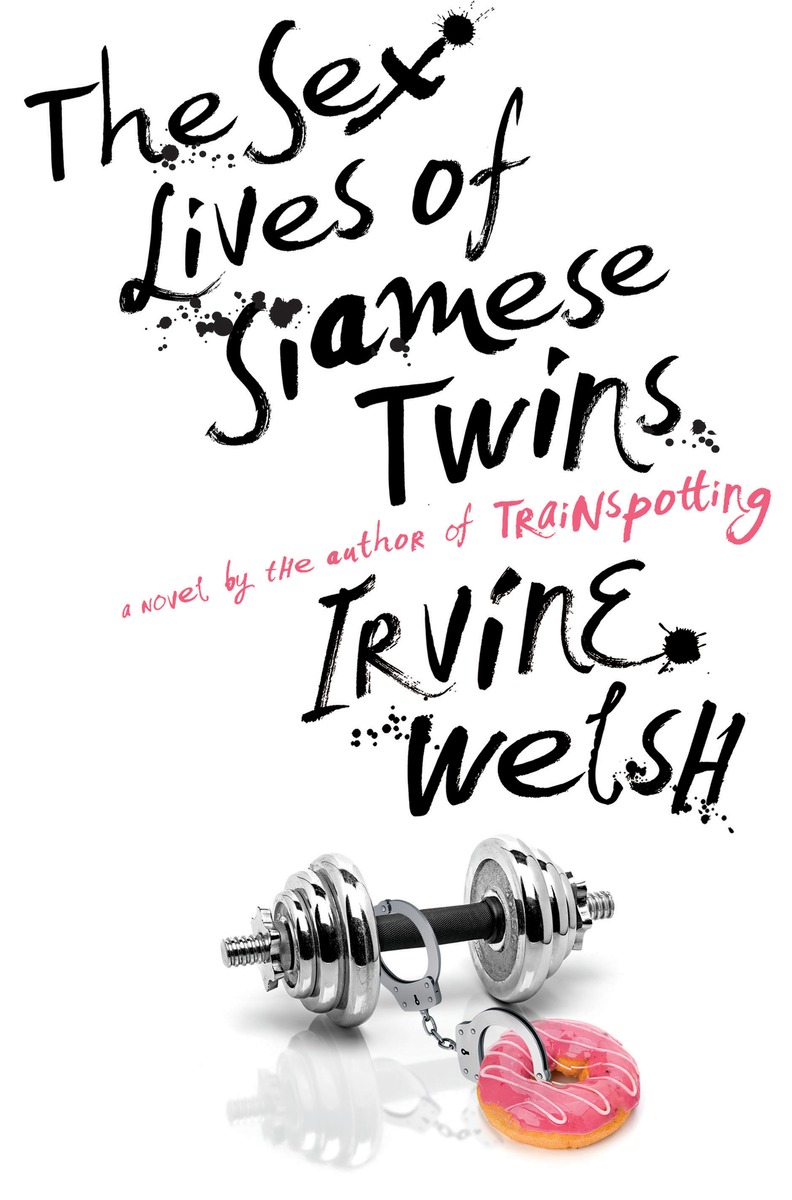
To read on Hoff Po click here.
Well, he’s at it again. Yes, Irvine Welsh has produced another wild tale full of maniacal madness. The Sex Lives of Siamese Twins. Naturally it’s got Siamese twins sexing it up and being surgically sawn in half. Murder, envy, fat chicks, lunatic kidnappers, media feeding frenzy, dildos pumping away like there’s no tomorrow . But this book is very different. First of all, it’s set in sun-splashed Miami, where Mr Welsh currently has one of his residences. It’s also written from the perspective of two women. And two women who couldn’t be much different from each other. I must confess I loved this book. I devoured it in a weekend, like a junkie binging on China white. You know, the good shit. And this book really actually changed my life. I became horrified by how much empty-calories I was shoving down my pie hole and I’ve been working out like a psycho-trainer was screaming in my ear about how I had to feel the burn. So I thought I would pick the brain of Mr Welsh and figure out how, & why, he did it.
The Book Doctors: What inspired you to write a book that is so incredibly different from the dark, beer-stained, junky-filled landscape of Scotland that made you famous?
Irvine Welch: Miami – a different world altogether from Scotland, a much more visual, body-obsessed culture. I’ve a place there and I’m in the town often.
TBD: Many successful writers seem to write the same book over and over and over. But this book is so far removed from what your fans are used to. Did you think about that in terms of the Irvine Welsh brand? Do you feel pressure, either from yourself, or from your publisher, to just stick with what you already know works?
IW: I don’t think so. I love writing about where I come from, but you also need to step outside your comfort zone from time to time. Unless you are doing genre fiction and are more conscious of deliberate brand building, you can only really write the book you write. I have a blank page and that’s a great luxury. I don’t need to start the first sentence with ‘Harry Potter said…’ or ‘Inspector Rebus rose early…’ and that’s a luxury. I can bring back Begbie or Juice Terry, but only if they are the right tools for the job. In this case they weren’t, so I created Lucy and Lena to tell the story.
TBD: Was it difficult to write in the voice of 2 women who are American & so removed from the dialect of your home turf? What are the methods you used to capture these voices?
IW: The biggest problem isn’t so much the language and dialect. I’m quite tuned into that through living in the States and being married to an American. The toughest thing is the cultural references, all the TV shows etc, that inform conversations. I had to make sure a lot of American friends saw early drafts.
TBD: The main character in the story seemed to me to bear a striking resemblance to Frank Begbie, the notoriously violent psychopath in Trainspotting. Except for the fact that she’s a bisexual body trainer who (mostly) disdains alcohol. What draws you to these extreme characters and how do you manage to get into their heads so successfully?
IW: I like uncompromising characters. They are tough to deal with in real life, but great fun in fiction. With a character who is ‘out there’ you can literally have them do anything. That’s a blessing for a writer
TBD: I don’t want to spoil the plot, but there’s such a fantastic switch, actually several of them, toward the end of your book. Do you outline where your story is going? How do go about constructing plot?
IW: I tend to let the plot come from the characters. Sometimes I might have a vague idea of where I want to go, but I like to throw away my GPS and give them the wheel. “Take me to Miami…or anywhere else interesting” is my only instruction.
TBD: How is it that you’ve managed to get away without ever using quotation marks?
IW: I hate quotation marks. I read a Roddy Doyle novel years ago when I was starting out – The Commitments- and his use of the dash seemed to convey the urgency of the characters better. So it’s Roddy’s fault!
TBD: I was fascinated by the theme of numbers. Did you do a lot of research for this book?
IW: Numbers and stats are huge in America. Especially sports. The idea of measurement is ubiquitous. I did a fair bit f research, but not as much as might be imagined. I suppose watching sports and reality TV is research…
TBD: When I am in Europe, the only fat people I seem to see are American tourists. This is of course one of the big themes of your new book. Why do you think Americans are so fat?
IW: The rest of the world is catching up! But consumerist culture is huge in America, as is fast food. You put those two together and you are heading for lardland.
TBD: Have you ever had a book rejected?
IW: Yes, I wrote a terrible ‘experimental’ novel for my third book. My editor said something along the lines of ‘this is shit. You’re just trying to show off. Go and write the book you really want to write.’ So I binned it and came back with Marabou Stork Nightmares, which is a book I’m very proud of.
TBD: Do you have any tips for writers who want to you explore the dark parts of human nature that would seem, at first blush, to be difficult to sell to the mainstream of the book world?
IW: If you think about the market you are in a very different game. Write what you want to write; work out how it sell it when it’s done.
Irvine Welsh is the author of Trainspotting, Ecstasy, Glue, Porno, Filth, Marabou Stork Nightmares, The Acid House, Skagboys, and, most recently, The Sex Lives of Siamese Twins. He currently lives in Chicago, IL.
Arielle Eckstut and David Henry Sterry are co-founders of The Book Doctors, a company that has helped countless authors get their books published. They are also co-authors of The Essential Guide to Getting Your Book Published: How To Write It, Sell It, and Market It… Successfully (Workman, 2010). They are also book editors, and between them they have authored 25 books, and appeared on National Public Radio, the London Times, and the front cover of the Sunday New York Times Book Review.
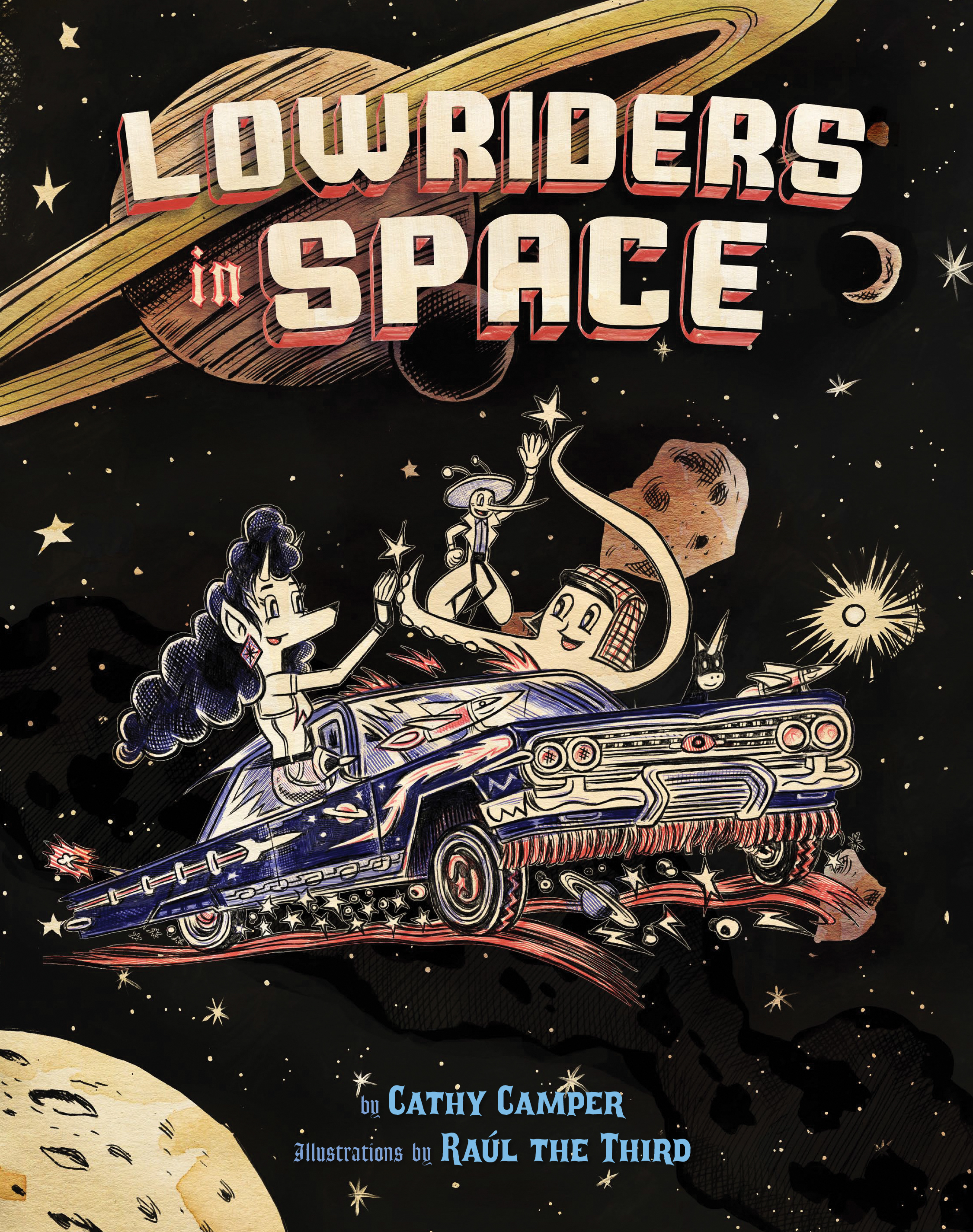
The Book Doctors first met Cathy Camper at a Pitchapalooza (think American Idol for Books) at one of our favorite book stores, Powell’s in Portland, Oregon. As soon as she pitched us her graphic novel, Low Riders in Outer Space”, we knew this was a great book waiting to happen. And now it has. So we thought we’d pick her brain on what it was like to go from talented amateur to professionally published author.
The Book Doctors: Did being a librarian influence your writing & your approach to publication?
Cathy Camper: In 2006, I moved to Portland, OR and was working as a youth services outreach librarian. I’d bring books to schools and I got really angry. I was seeing diverse groups of kids, but all the books were about white suburban children. As an Arab-American, I know what it’s like not to see yourself in books. Plus, so many books that feature kids of color are old, or not written for the world kids live in today, but for the past, their parents’ world. The 2050 census says one third of the U.S. will be English-Spanish speaking households – that’s our audience! I also wanted a book for boys, since boys literacy rate is dropping. And I love science, and there’s a big push to get more science in school curriculums. I aimed my book and my pitch at these big audiences, and told publishers why it they were important.
TBD: Tell us about your long & winding road to publication.
CC: First I wrote the book, from 2006 to 2009. Then I emailed Raul Gonzalez, the artist, who was working as a fine artist, and asked if he’d ever considered doing a kids’ book? He said, yes, and so I sent him the script. He wrote back, “This is the book I wanted to read as a kid, “ and within days, he was sending me sketches of the characters. It was just plain luck that we were so well matched; we have a similar sense of humor, similar sensibilities and the same work ethic. We put together a pitch. I found lists of agents who repped graphic novels online, and sent it out as cold calls. It was right as the recession was hitting, and no one wanted it. On the plus side, people loved the art and writing, so I knew that wasn’t the issue…but I’d hear things like “too marginal an audience,” or “not quite right (white enough?) for our audience.” Also I got lots of warnings that bringing in my own artist would be a problem; though it’s common in the world of comics, it’s not done in the children’s book world.
I reached the end of the list of agents, and was lying awake nights wondering what to do. Then I heard about the Book Doctors Pitchapalooza. It’s funny, but I never realized there was a prize, or maybe I thought you just won a free copy of a book or something. I entered thinking, wow, I can test how good my pitch really is, because I didn’t know the judges, the audience, no one. Ironically, the day I did my pitch, I’d just done book talks as a librarian for six classes. So I thought, why not do it for my own book? It wasn’t until the judges were actually conferring that it occurred to me I might actually win.
The Book Doctors were the ones who connected the book to Chronicle Books and to our agent Jennifer Laughran. They made it happen. I think all publishing is like this – part talent, part hard work, and part luck. All creators can control is honing the talent and doing the work. But it’s important to do, because when luck comes your way, you want to be ready.
TBD: Why did u decide to do a graphic novel?
CC: Actually the book could have been a picture book, or a floppy comic, but graphic novels felt like the best fit, so I tried that first. I love comics- how both text and pictures tell the story. Plus graphic novels are hot! When graphic novels first came out, libraries and books stores didn’t know what to do with them. But now there are so many good graphic novels for kids, and they’ve become so popular, I think they’re figuring it out. Both Raul and I love comics and the flexibility they allow – it’s like making a movie where anything can happen – on a budget of Bic pens!
TBD: What were some of the joys and challenges of blending your words with an artist’s images?
CC: When I start writing the script, I have to be very descriptive in the sense that the script is all there is for the artist, editors and art director to work with. So I work very hard to build a world, characters and pictures in their minds. When Raul draws the thumbnails, a lot of the words I’ve written (not just dialog, but description, innuendo, expressions etc.) are now part of the illustrations, and there’s no need to have them in the text. So lots of text gets cut because it’s redundant when the art is there. Raul and I were lucky that we had great freedom to riff off of each other’s ideas, like jazz musicians, and to take as many pages as we needed to make it work. On the downside, we sometimes struggled with not being able to work together in the same place, at the same time…email and different time zones create extra hurdles when you have unwieldy edits to do.
TBD: From the first we heard your title Low Rides in Outer Space we loved it. How’d you come up with it?
CC: I don’t remember the exact moment it hit me, but it was very early on. I think it was a natural extension of the concept, which was that these characters would have a lowrider that got detailed by outer space. It’s only recently that a friend pointed out the cool little twist inherent in the title, the idea of a car designed to go low – that blasts into the highest place there is – space!!
TBD: How did you come up with the idea for the book?
CC: Daydreams. I’m a prolific daydreamer, and all my books start with stories I tell myself. That’s how the story came about. I also noted as a librarian that books on lowriders were super popular, but we only had three or four of them for kids, all nonfiction. I tried to find a book like mine, but when I saw it didn’t exist I thought, well, I’ll have to try to write it myself.
TBD: There’s been a lot of talk about diversity in publishing. What’s your take on that?
CC: We need more diverse kids books, and I’m so glad there’s pressure to change things. At Multnomah County Library where I work, we recently made a booklist of good picture books for African American kids. There wasn’t one set on the West Coast – from these books you’d think African Americans only live in brownstones in Brooklyn! Way too many were dire historical stories about slavery or hard times – where are the books about kids of color building forts, playing make believe, just doing things that kids do?
We need this book primarily so kids of color see themselves in books, but also so white culture isn’t always primary. If a book is about a generic kid, why is that kid always white? It’s important that white readers see kids of color too. I sometimes joke – when a book like Diary of a Wimpy Kid is about a girl wearing hijab – you’ll know things are changing!
TBD: How did you learn to be a writer?
CC: On my Arab side, my dad and uncle were writers, and so I grew up with the idea that writing was cool, something I’d want to do. So I’ve been writing since I was a kid. I carried a notebook around, took classes, went to conferences, was involved in writing groups and recently participated in VONA/VOICES writing workshops for people of color. But it was always self-driven, I never got an MFA, in part because I think it changes a writers voice, and also because, as Junot Diaz recently pointed out, MFA programs aren’t that supportive of writers of color.
TBD: What’s your advice for writers, both as a writer & a librarian?
CC: One crucial tip I’ll pass on is that so much of the quirky DIY stuff I did for many years for free ended up being what led to this book. For example, for decades I’ve written reviews of books for School Library Journal, Kirkus and Lambda Literary. I’ve also written and published zines and supported them as a zine librarian. I didn’t see it until now, but those things not only honed my writing skills, they created two huge support networks of people who knew my work. The adventures I’ve had and the people I’ve met via DIY vs. mainstream connections are equal. Don’t underestimate the value of what you do just because it’s not mainstream.
Also, as a librarian, I’d tell writers, don’t write in a bubble. Be aware of the market your book will fall into, its audience, and the reason why people will read it. If you’re going to spend time writing a book, do research, talk to librarians and bookstore folk about what people are reading, read other books in your category so you’ll know who your competition is. Think about what would make a publisher sink time and money to back your work. Your book may fall in a large category everyone already reads or it might be the first to fulfill a long-felt need, but that should to be part of your pitch, and an intrinsic part of the book you write.
TBD: Has Robert Rodriguez called yet?
CC: Wouldn’t that be great? I hear he loves lowriders, and Raul and I are huge fans of his movies, and how he funded them in early days, from the ground up. We love that he made Spy Kids, and that he knows how important it is for kids of color to have and be in good films too. I hope he reads our comic, it’s seems like it’d be something he’d like
Cathy Camper is the creator of Bugs Before Time: Prehistoric Insects and Their Relatives. Her work has also been featured in Simple Times: Crafts for Poor People, by Amy Sedaris, as well as in Wired, Cricket, Cicada, Primavera, Women’s Review of Books, Utne Reader, and Giant Robot. She is a graduate of VONA/Voices writing workshops for people of color in Berkeley, California. She reviews graphic novels online for Lambda Literary and is a librarian for Multnomah County Library in Portland, Oregon, where she does outreach to schools and kids in grades K-12. She lives in Portland, Oregon.
Raúl the Third’s work is drawing much acclaim and was featured in four recent exhibits: The Community Arts Initiative at the Museum of Fine Arts, Boston; Carroll and Sons Art Gallery; the Fitchburg Art Museum; and his first solo museum exhibition at the Museum of Art, University of New Hampshire. He teaches classes on drawing and comics for kids at the Museum of Fine Arts, Boston; the Maud Morgan Arts community arts center in Cambridge; and Young Audiences of Massachusetts. Influenced by his youth in the border town of El Paso-Juarez, Raúl’s artwork recalls the old Mercado Cuauhtemoc and its many booths filled with old curiosities, etchings by José Guadalupe Posada, and the ballpoint pen–detailed fan art found in issues of Lowrider magazine. He lives in Boston, Massachusetts.
Arielle Eckstut and David Henry Sterry are co-founders of The Book Doctors, a company that has helped countless authors get their books published. They are also co-authors of The Essential Guide to Getting Your Book Published: How To Write It, Sell It, and Market It… Successfully (Workman, 2010).

